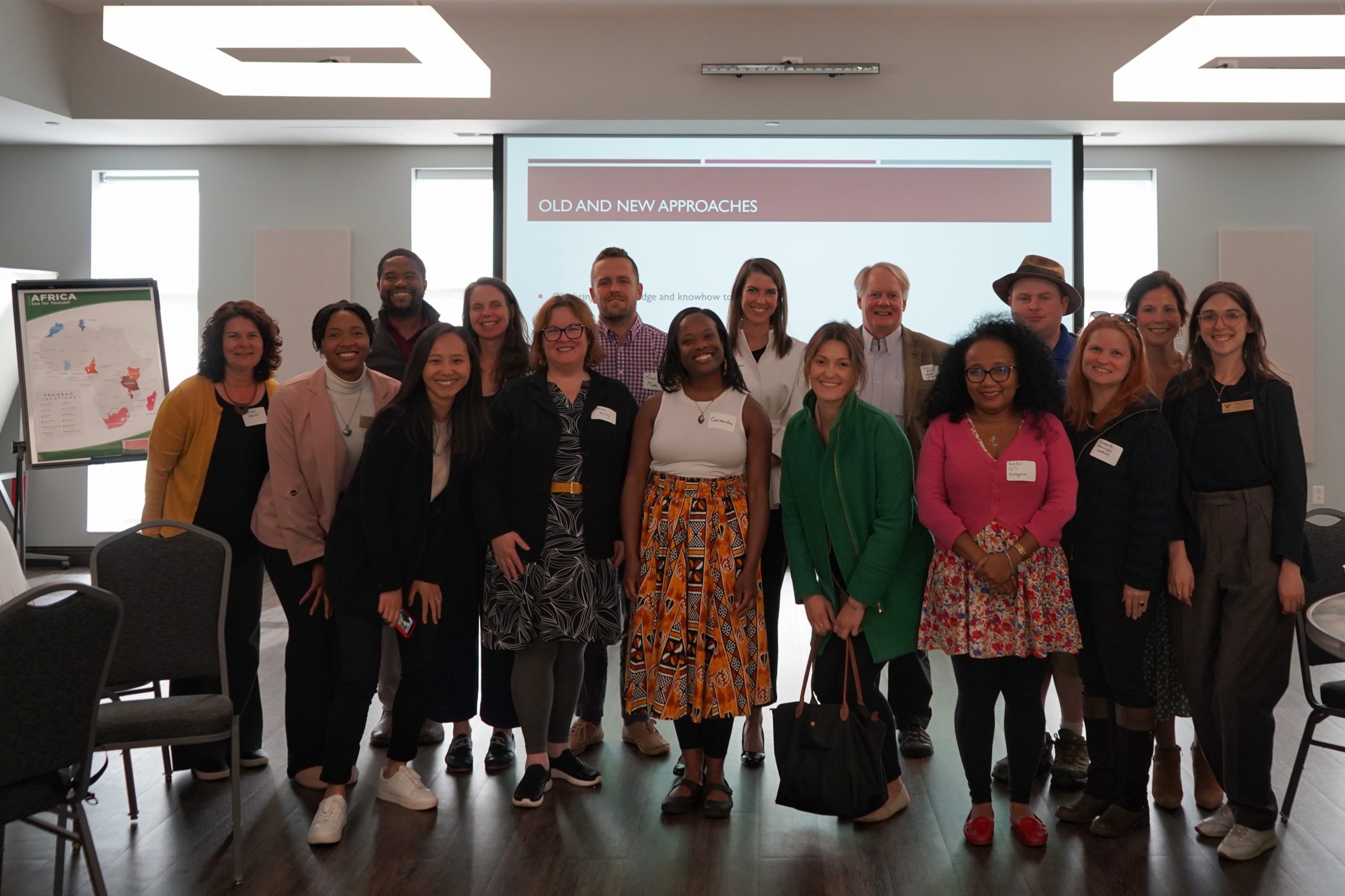Vanderbilt students want to engage with the world in meaningful ways, and the university is deeply committed to making global opportunities available to students. The Vanderbilt Study Abroad team is essential to those goals, and they recently hosted a workshop with the School for International Training aimed at reinvigorating engagement in study abroad in Africa. Africa’s rapid economic growth, technological innovation and role in environmental efforts and sustainability make it a vital region for institutional collaboration and student exchange. By studying there, students have the chance to learn from academic experts, immerse themselves in vibrant communities and tackle global challenges with local partners.
The event, which was the largest of the eight SIT workshops they have hosted so far on the topic, brought together a diverse group of 36 participants from a range of global engagement stakeholders at Vanderbilt, including administration, faculty, academic program directors and staff from Admissions, International Student and Scholar Services, the English Language Center, Fellowships, Parent and Family Engagement, and Global Safety. Vanderbilt’s Humphrey Fellow from Madagascar, Emma Rasolomampionona, also attended the workshop and provided her insights into global engagement on her home continent. Other institutions at the workshop included Northern Kentucky University, Rhodes College, University of Memphis, University of the South and Western Kentucky University, underscoring the widespread interest in reviving study abroad in Africa.
A central theme that emerged throughout the workshop was the important role that the continent of Africa has on global politics and trade, resource extraction and provisioning, global migration patterns, and issues of climate change, sustainability and environmental conservation, among other themes. Vice Provost of Undergraduate Education Tiffiny Tung said that “Vanderbilt students are interested in these issues and want to understand and engage with them. Study abroad opportunities in various nations in Africa ensure that Vanderbilt students can enter the world as well-informed global citizens with the knowledge, insight and skills to improve political, economic or social structures that can better the human experience.”
Africa, the fastest-growing continent on the planet, is poised to play an increasingly prominent role on the global stage with most African countries seeing a median age under 19. Vanderbilt can help ensure that our students have opportunities to engage with and learn from this dynamic region. As Tracy Sharpley-Whiting, Vice Provost for Arts, Libraries, and Global Engagement, told workshop participants, “we cannot truly be global without engaging Africa.”

Participants grappled with the real and perceived obstacles that have contributed to the decline in study abroad in Africa, ranging from logistical and financial barriers to concerns about student safety and well-being. The workshop brought to bear a spirit of collaborative problem-solving to these challenges, with attendees sharing best practices and brainstorming innovative strategies.
One key area of focus was the importance of self-awareness and cultural humility among global engagement professionals. Participants engaged in reflective exercises that encouraged them to examine their own perceptions of Africa and how their backgrounds and identities have shaped their advising, teaching and practices.
The workshop also highlighted the academic landscape of Africa. Speakers such as Andolalao Rakotoarison, academic director of SIT Madagascar, shared insights into the unique educational experiences students can gain in the region, while Moses Ochonu, Cornelius Vanderbilt Professor of History, helped participants draw connections between key trends on the continent and the approaches to engage student learning in Africa. He said, “To foster global engagement in Africa, we must transcend old and new stereotypes in order to learn from, with and through Africa.”
Throughout the event, there was a renewed sense of enthusiasm and commitment to revitalizing study abroad in Africa. Participants expressed a shared responsibility in developing innovative solutions and elevating the transformative potential of educational experiences on the African continent. For more information on study abroad at Vanderbilt, please contact Carmeisha Huckleby, associate director of study abroad.
